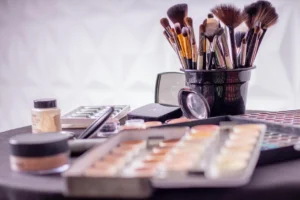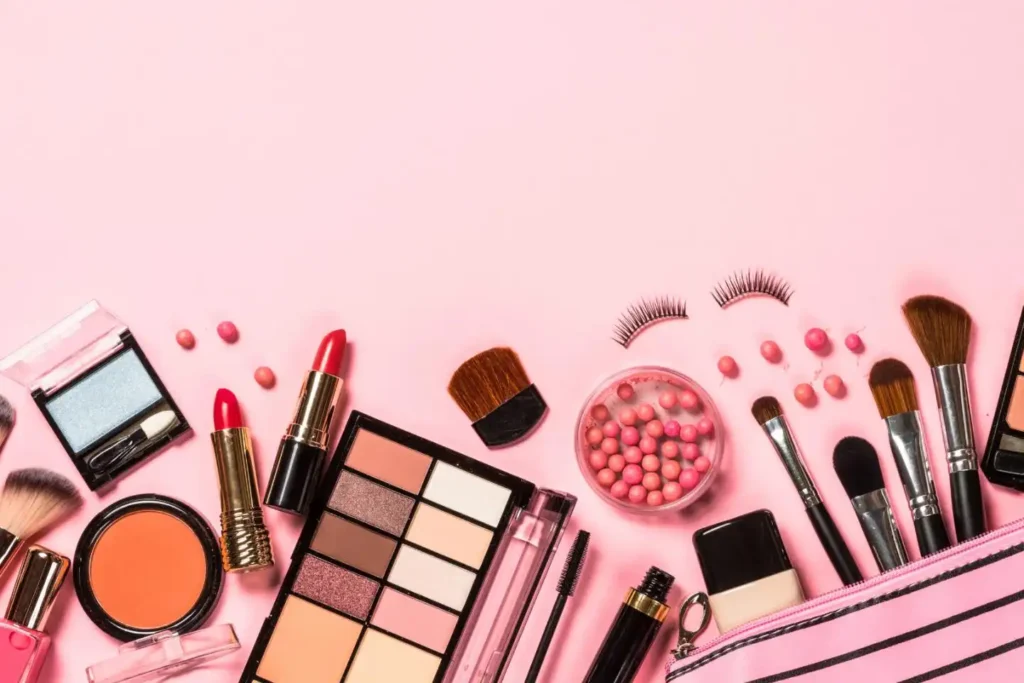Nigeria’s beauty and personal care sector has reached an impressive valuation of approximately $1.4 billion annually, reflecting a significant expansion in both local production and consumer demand. This figure, recently highlighted by the Nigerian Cosmetics Manufacturers Association (NICOS), underscores the industry’s growing role in the country’s economy and its potential to become a major hub for beauty innovation in Africa.
Homegrown Brands Drive Market Expansion
According to NICOS, a significant portion of this growth stems from the rise of homegrown cosmetic brands that now dominate retail shelves and e-commerce platforms. Nigerian entrepreneurs are increasingly developing skincare, haircare, and makeup products tailored to local skin types, hair textures, and climate conditions. These locally produced products not only offer affordability and accessibility but also resonate with cultural identity, giving Nigerian consumers a sense of pride in supporting indigenous brands.

Shifting Preferences Towards Local Formulations
Over the past five years, there has been a notable shift in consumer preference from imported cosmetics to domestically manufactured alternatives. This trend is fueled by a combination of factors: rising import costs, a weak naira, growing national pride, and increased awareness about the risks of counterfeit or unsuitable foreign products. Many consumers are now choosing formulations that feature natural ingredients like shea butter, black soap, moringa oil, turmeric, and aloe vera—materials readily available within the country.
Youth and Urbanization Fuel Demand
Nigeria’s youthful population—more than 60% under the age of 25—plays a central role in driving demand for cosmetics. With the rapid expansion of urban centers and a growing middle class, young Nigerians are increasingly influenced by global beauty trends shared on social media platforms like Instagram, TikTok, and YouTube. This digital exposure fuels an appetite for skincare routines, makeup tutorials, and beauty hacks, further propelling the market’s growth.
Job Creation and Industry Empowerment
The cosmetics sector in Nigeria has become a significant source of employment, particularly for women. From product formulation and manufacturing to marketing, retail, and professional beauty services, the industry offers a range of career opportunities. NICOS estimates that tens of thousands of jobs—both formal and informal—have been created through this sector, supporting small and medium-sized enterprises (SMEs) and empowering individuals to start their own businesses.
Government Support and Regulatory Improvements
Efforts by regulatory bodies like NAFDAC (National Agency for Food and Drug Administration and Control) have also contributed to the sector’s credibility and expansion. By tightening safety regulations and promoting quality control, these agencies are helping to weed out substandard products and build consumer trust in made-in-Nigeria cosmetics. Additionally, government-backed initiatives to support SMEs and local manufacturing have encouraged more investors to enter the space.
Export Opportunities and Regional Influence
Beyond domestic consumption, Nigerian cosmetics are increasingly finding their way into markets across West Africa and the broader continent. Entrepreneurs are exporting popular products to Ghana, Côte d’Ivoire, Kenya, and South Africa, where demand for high-quality African-made beauty items continues to rise. This positions Nigeria not only as a major consumer market but also as a potential manufacturing and export powerhouse for the African beauty industry.
Innovation and Sustainability Take Center Stage
As the market matures, innovation remains key. Many Nigerian beauty brands are investing in research and development to create advanced formulations that address hyperpigmentation, acne, sun protection, and skin sensitivity—issues commonly experienced by people in tropical climates. In addition, sustainability is becoming a priority, with a growing number of businesses adopting eco-friendly packaging, cruelty-free testing, and organic ingredient sourcing.
A Promising Outlook for the Future
Looking ahead, industry analysts predict continued growth for Nigeria’s cosmetics sector, driven by increased digital access, improved infrastructure, and a deepening beauty culture. As local brands continue to compete with international giants—and in many cases outperform them—the sector is poised to become a powerful contributor to national GDP, entrepreneurship, and cultural influence.
With a value of $1.4 billion and rising, Nigeria’s cosmetics industry is no longer just about looking good—it’s about building a thriving, inclusive economy that reflects the beauty and resilience of its people.







